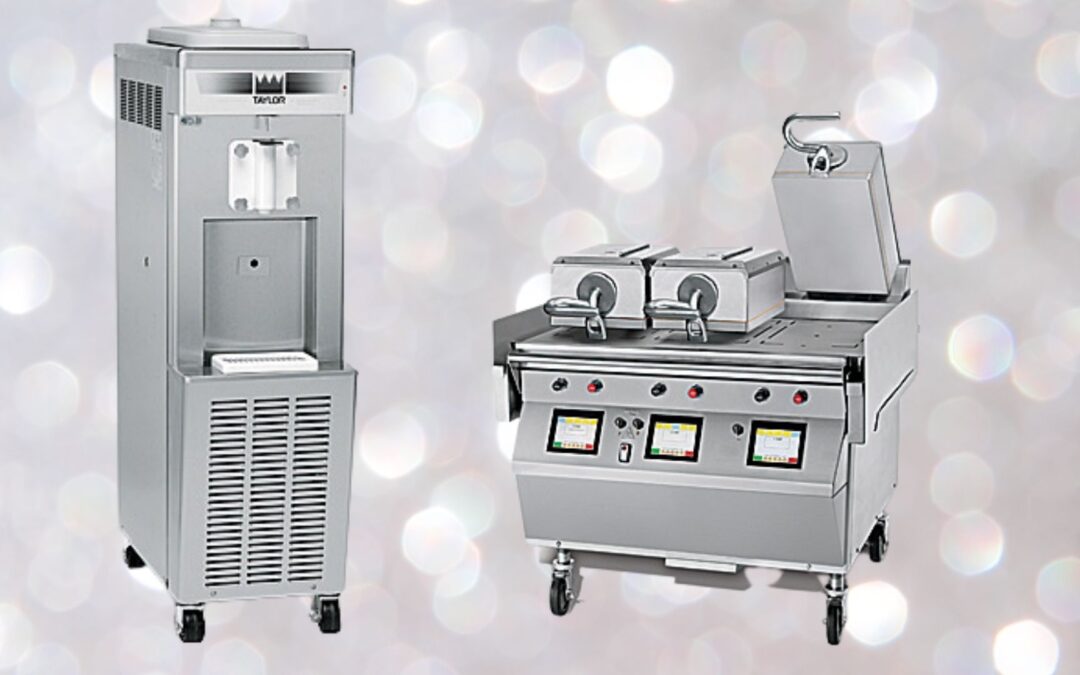Whether you’re cooking at home or you own your own restaurant, you probably have some stainless-steel appliances. Stainless steel is highly prized and the most uncomplicated material for restaurants or caterers to use.
Even though it is a robust and dependable material, you still need to take gentle care of your anything stainless steel in the kitchen. With proper cleaning and subsequent care, you can enjoy your industrial equipment for a long time. Practicing appropriate maintenance ensures that you won’t need to replace these appliances often.
Why Use Stainless Steel?
Stainless steel is tough and heat resistant. It’s also very hygienic as you can remove all bacteria with good cleaning techniques. It’s also corrosion resistant. The material contains high chromium levels, and when chromium binds with oxygen, it creates an invisible layer of protection.
Things to Avoid in Maintenance
The list of don’ts in stainless steel maintenance is longer than the list of things to do, so it’s easy to remember.
- Avoid Household Cleaners – Avoid using conventional household cleaners in professional kitchens. For example, steer clear of steel wool. It might seem like an easy way to clean appliances or counters, but fine fibers can collect and stick to surfaces, causing rust.
- Avoid Hydrochloric Acid – Hydrochloric acid, also known as muriatic acid, is far too aggressive for cleaning the surface. If you accidentally get hydrochloric acid on your stainless steel equipment, simply rinse it off immediately with water.
- Avoid Chlorine – Any cleaners containing chlorine are harmful to stainless steel. While it is a robust material, chlorine can lead to corrosion, which means the steel will deteriorate.
- Avoid Abrasive Products – Avoid any abrasive detergents. When you want to clean something thoroughly, we often use abrasive detergents. But don’t use them to clean your stainless steel. The otherwise resistant material risks significant scratching from the use of hard abrasives.
How to Clean and Maintain Stainless Steel Properly
Now that you know what not to do to care for your stainless steel, here are the things you should do. First, keep it simple.
Surfaces
Even though stainless steel is high-quality material in your kitchen, it isn’t very pleasant when you see fingerprints all over shining surfaces. They’re difficult to avoid. But, if you wipe down surfaces regularly with a soft dry cloth, fingerprints and other stubborn marks will vanish. If the marks are persistent, you can also use a little water and then polish with a microfiber cloth.
Sinks
Kitchen sinks are always particularly dirty from greasy food residues—stubborn dirt and limescale build-up, especially around the tap. A grease-dissolving cleaner or decalcifying agent is suitable for solving this problem. These products remove hard-to-clean messes or stains in the sink and are gentle enough to use. After cleaning your sink, wipe it down again with a dry microfiber cloth.
Another extra tip: Never leave damp dishcloths on the stainless steel. This leads to increased limescale formation.
Pots and Pans
If you have stubborn deposits on pots and pans, put your stainless cookware in water with a bit of dishwashing liquid if necessary, and then pop them into your dishwasher. A high-performance dishwashing machine does the rest. Before the pots and pans go into the dishwasher, make sure there’s no detergent left on them.
What Cleaning Agents to Use
We recommend using professional cleaners from Taylor Freezer for professional kitchens.
To recap:
- Remove limescale and other residues immediately
- Use a grease dissolving cleaner
- Clean with a lint-free microfiber cloth
- In the event of contact with acids or salts, rinse immediately with water
- Follow up with professional care
Bottom Line
Now you have a good overview of the maintenance, cleaning, and care of your stainless steel surfaces and appliances. A professional kitchen requires professional care, not household tricks. If you have questions or need help cleaning your kitchen equipment, call us at 734-219-9969.
Are you on Facebook? We are, too. Let’s be friends!
